Tracking the Heat
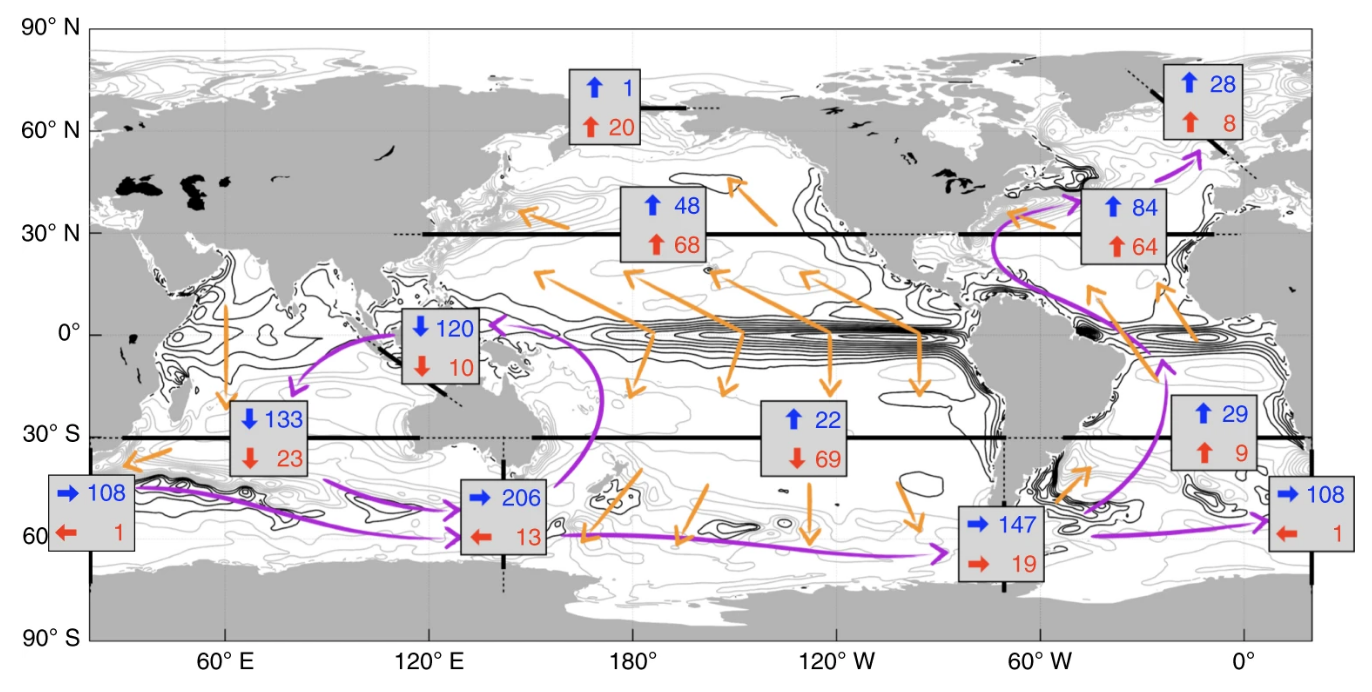 Researchers in the US and the UK have been analyzing ocean heat transport in a recent ECCO dataset to investigate how it varies globally
Researchers in the US and the UK have been analyzing ocean heat transport in a recent ECCO dataset to investigate how it varies globally
High Latitude Channel Flow Revisited
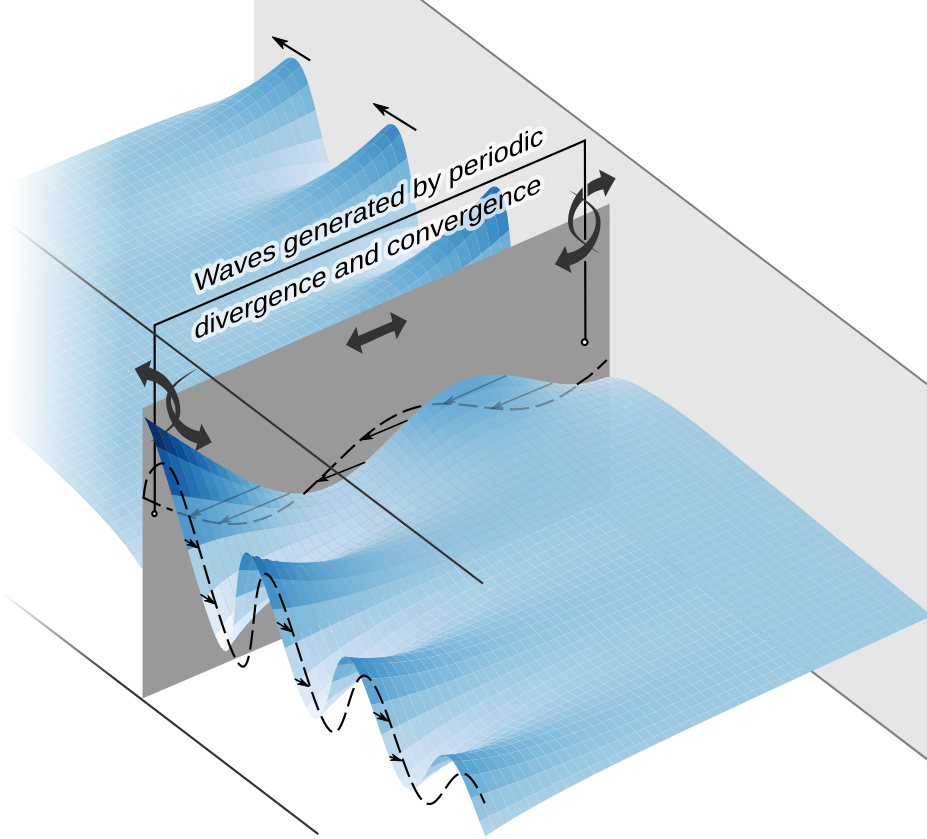 Canadian researchers have been using the MITgcm in an idealized channel to investigate high-latitude tidal dynamics relevant to the fjords and channels of the Canadian Arctic Archipelago.
Canadian researchers have been using the MITgcm in an idealized channel to investigate high-latitude tidal dynamics relevant to the fjords and channels of the Canadian Arctic Archipelago.
Time for Time-Varying Diffusivity?
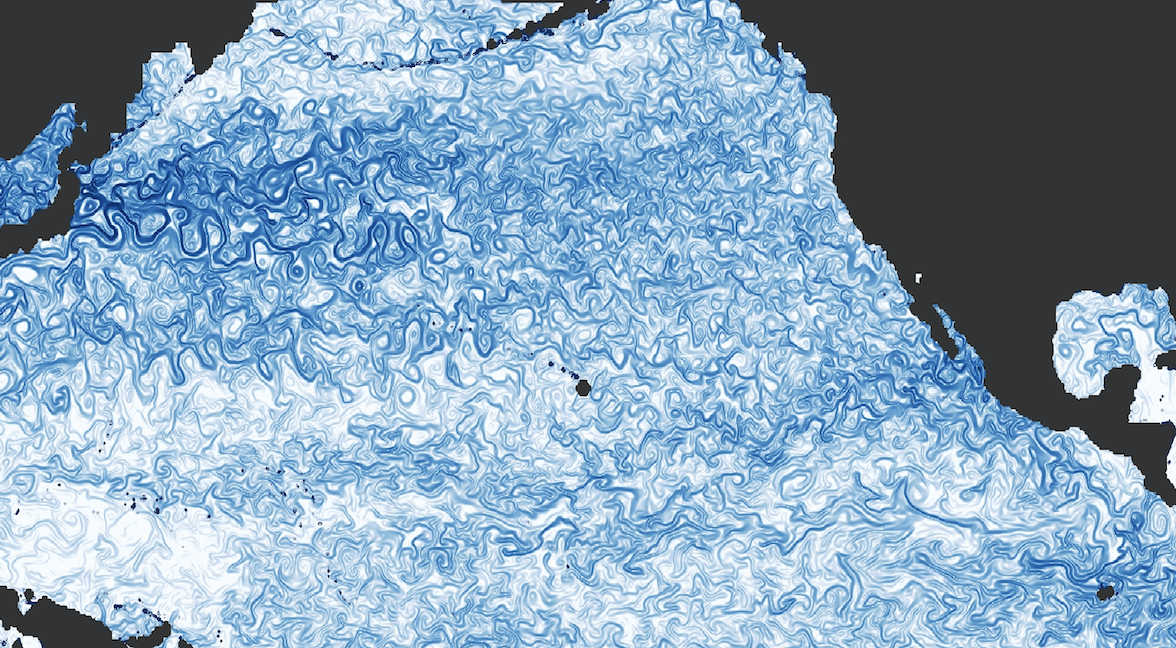 Researchers Julius Busecke and Ryan Abernathey have been using MITgcm in a study geared towards developing a time-resolved global dataset of surface lateral mesoscale eddy diffusivities.
Researchers Julius Busecke and Ryan Abernathey have been using MITgcm in a study geared towards developing a time-resolved global dataset of surface lateral mesoscale eddy diffusivities.
2018 Research Roundup
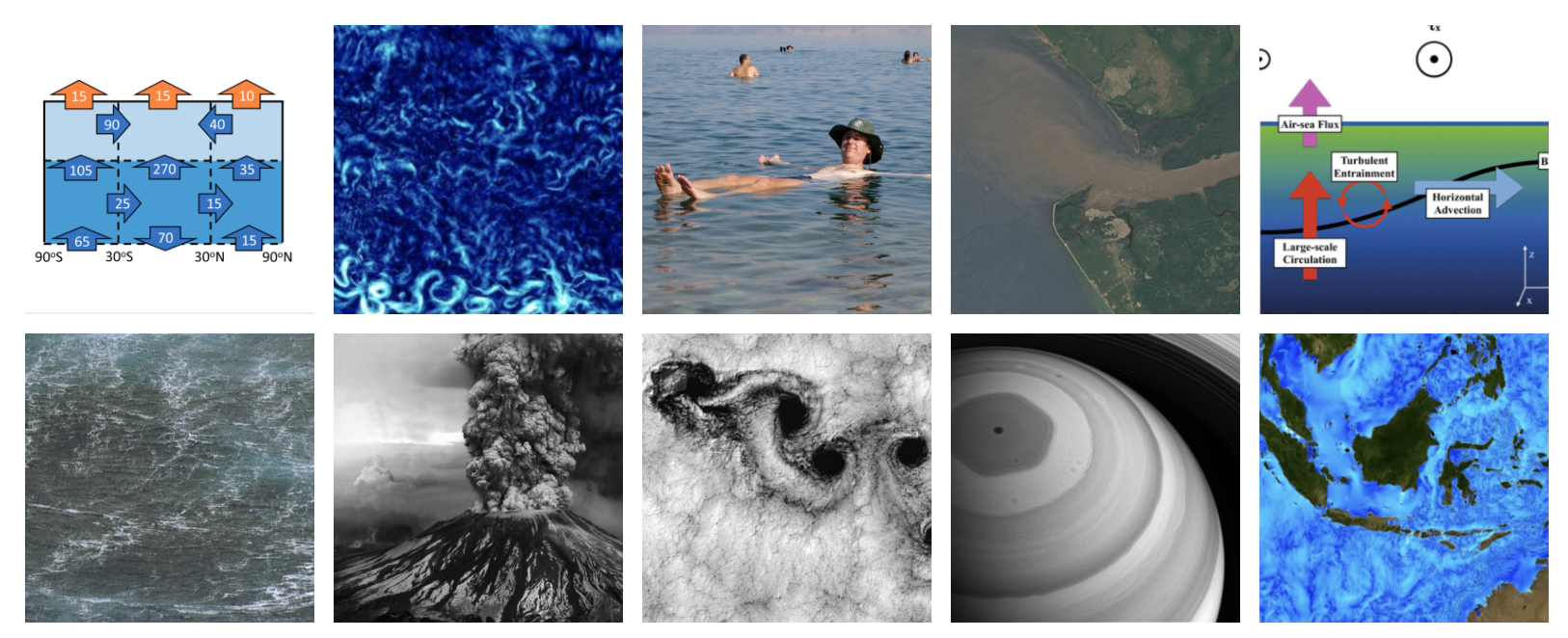 Happy 2019: Another new year, another research roundup! Best wishes to MITgcmers past, MITgcmers present and MITgcmers yet to come…
Happy 2019: Another new year, another research roundup! Best wishes to MITgcmers past, MITgcmers present and MITgcmers yet to come…
Exploring ENSO-Related Global Ocean Heat Content Variations in ECCOv4
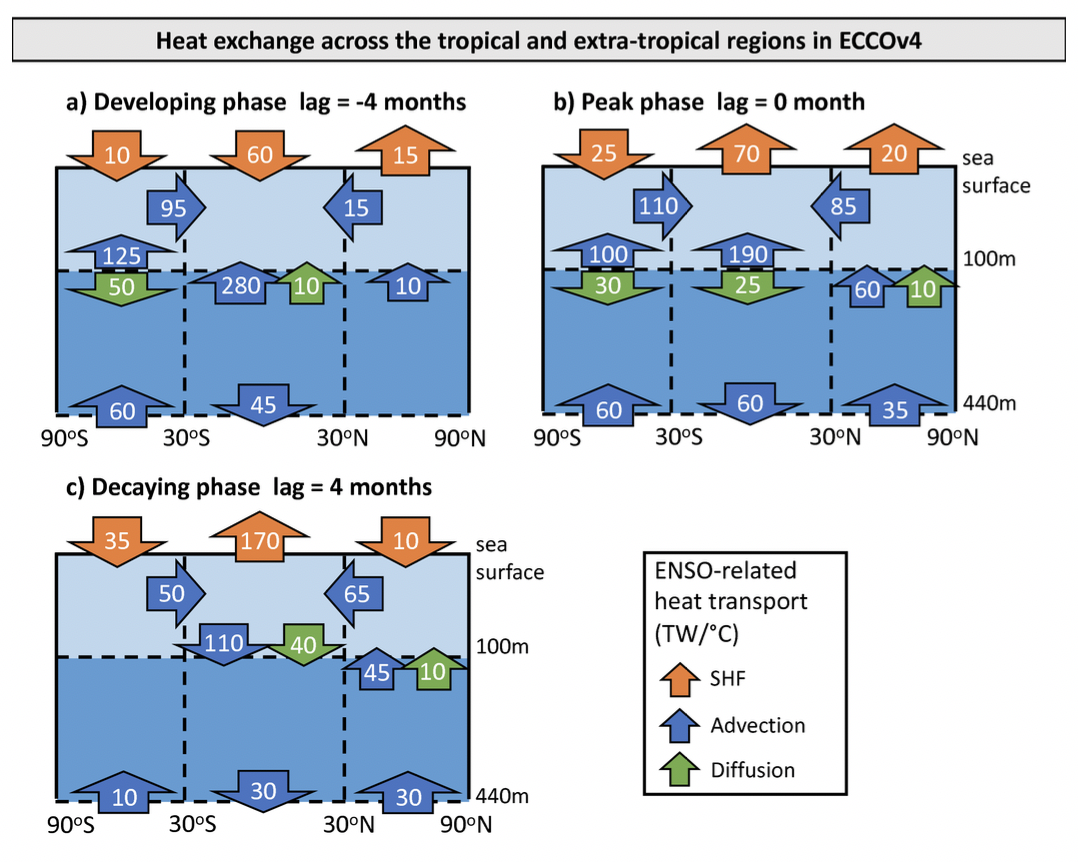 Researchers from China and Australia have been using the ECCOv4 dataset, an MITgcm product, to investigate ENSO-Related Global Ocean Heat Content Variations.
Researchers from China and Australia have been using the ECCOv4 dataset, an MITgcm product, to investigate ENSO-Related Global Ocean Heat Content Variations.
Modeling in Anticipation of Future Space Missions
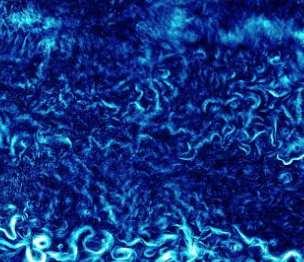 A team of researchers from JPL and the University of Hawaii analyzed the distribution of internal gravity waves and submesoscale balanced motions in the near-surface around the globe in a recent 1/48° MITgcm simulation.
A team of researchers from JPL and the University of Hawaii analyzed the distribution of internal gravity waves and submesoscale balanced motions in the near-surface around the globe in a recent 1/48° MITgcm simulation.
When the Wind Blows Harder
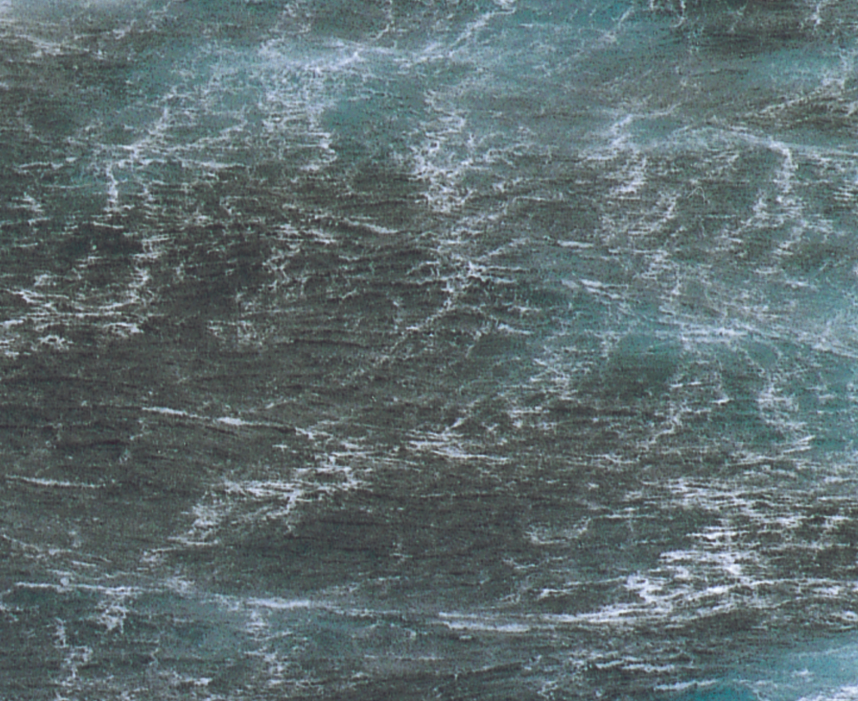 Andreas Klocker, an oceanographer working at the University of Tasmania, has been using MITgcm to explore the sensitivity of ventilation to surface wind stress in the Southern Ocean.
Andreas Klocker, an oceanographer working at the University of Tasmania, has been using MITgcm to explore the sensitivity of ventilation to surface wind stress in the Southern Ocean.
Cooling Climate with Volcanoes
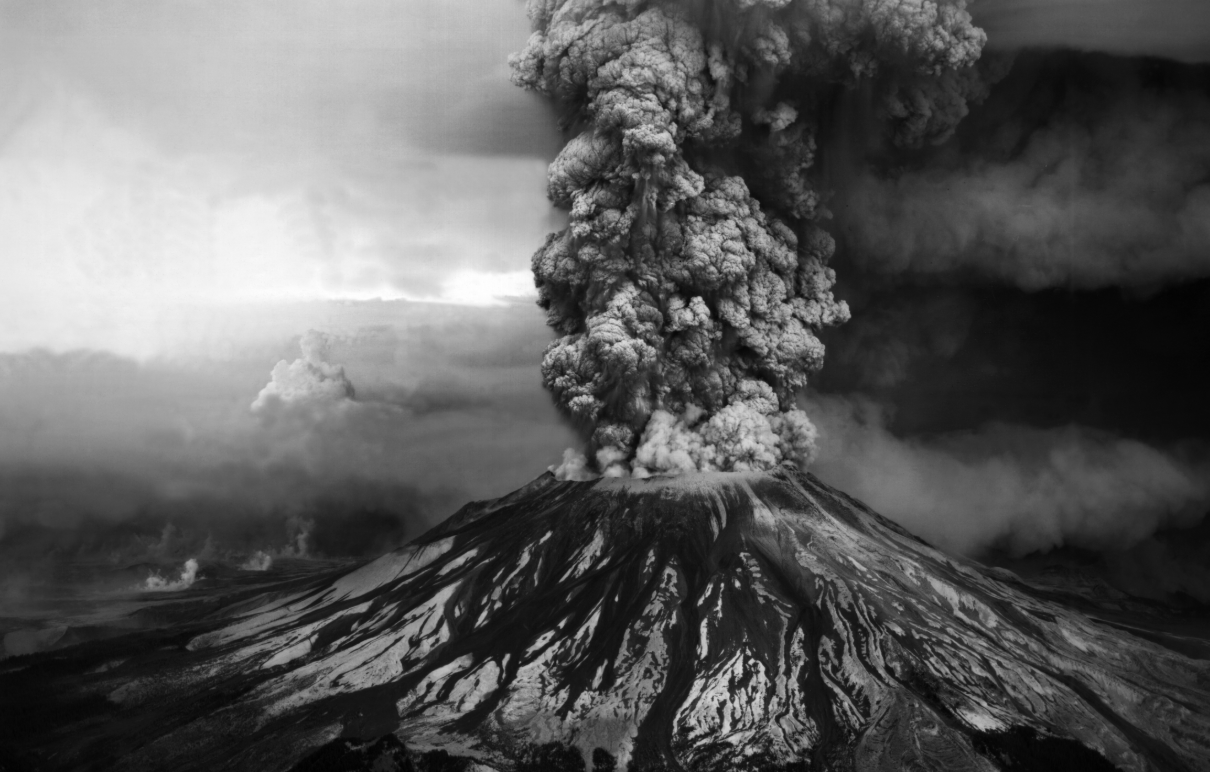 MIT study uses MITgcm to probe the ocean’s role in mediating the climate’s response to volcanic eruptions.
MIT study uses MITgcm to probe the ocean’s role in mediating the climate’s response to volcanic eruptions.
Mixing it Up in the Dead Sea
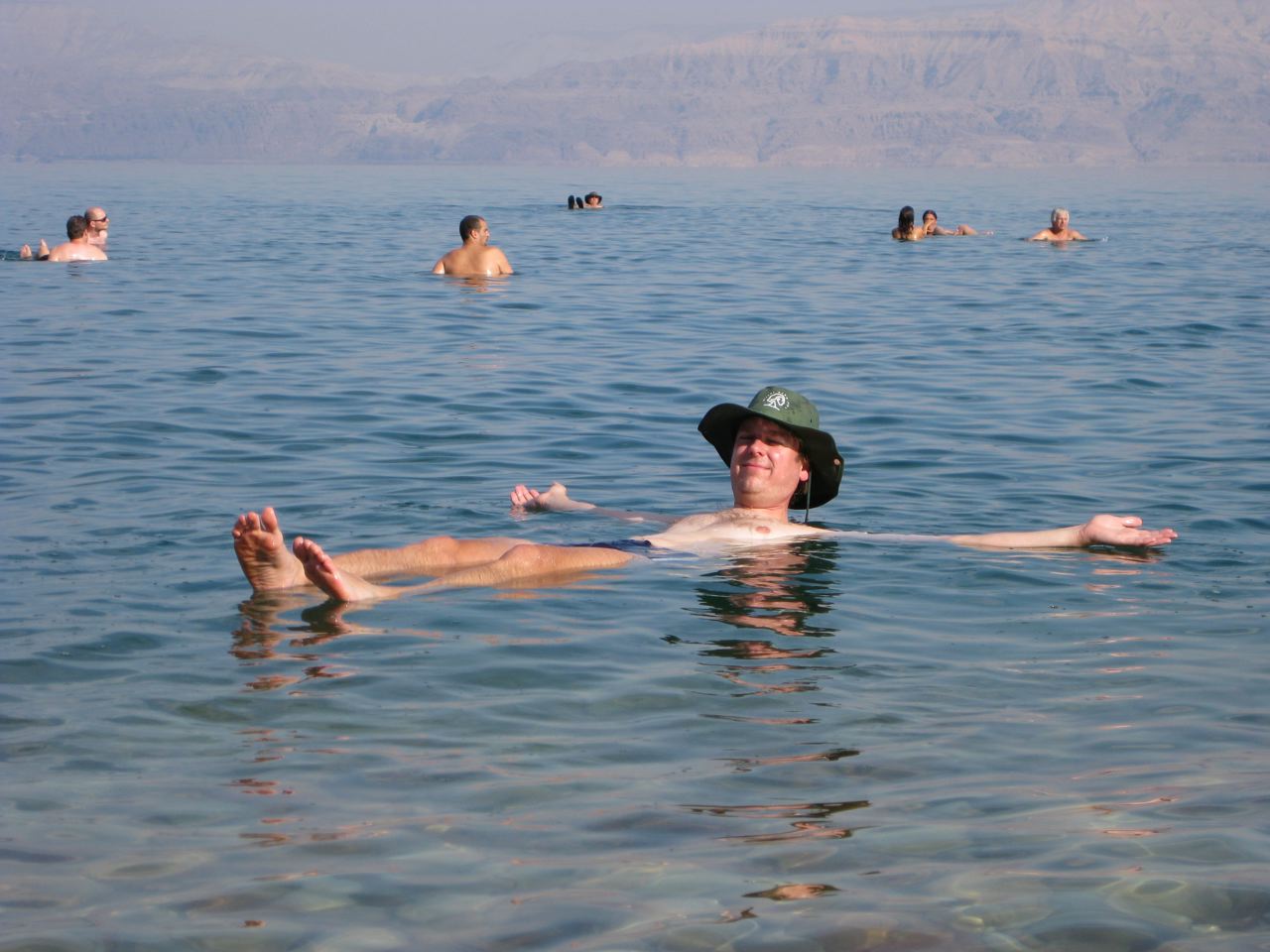 Work from Ben Gurion University in Israel uses MITgcm to explore the importance of non-hydrostatic effects in the Dead Sea.
Work from Ben Gurion University in Israel uses MITgcm to explore the importance of non-hydrostatic effects in the Dead Sea.
Islands in the Stream
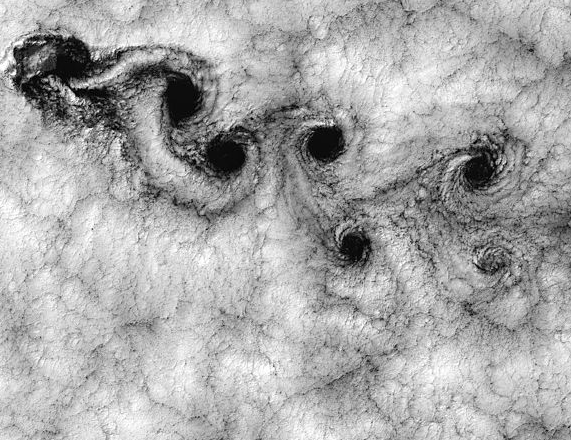 A group from National Taiwan University has been using MITgcm to study submesoscale island wakes in the Kuroshio Current off Taiwan.
A group from National Taiwan University has been using MITgcm to study submesoscale island wakes in the Kuroshio Current off Taiwan.
